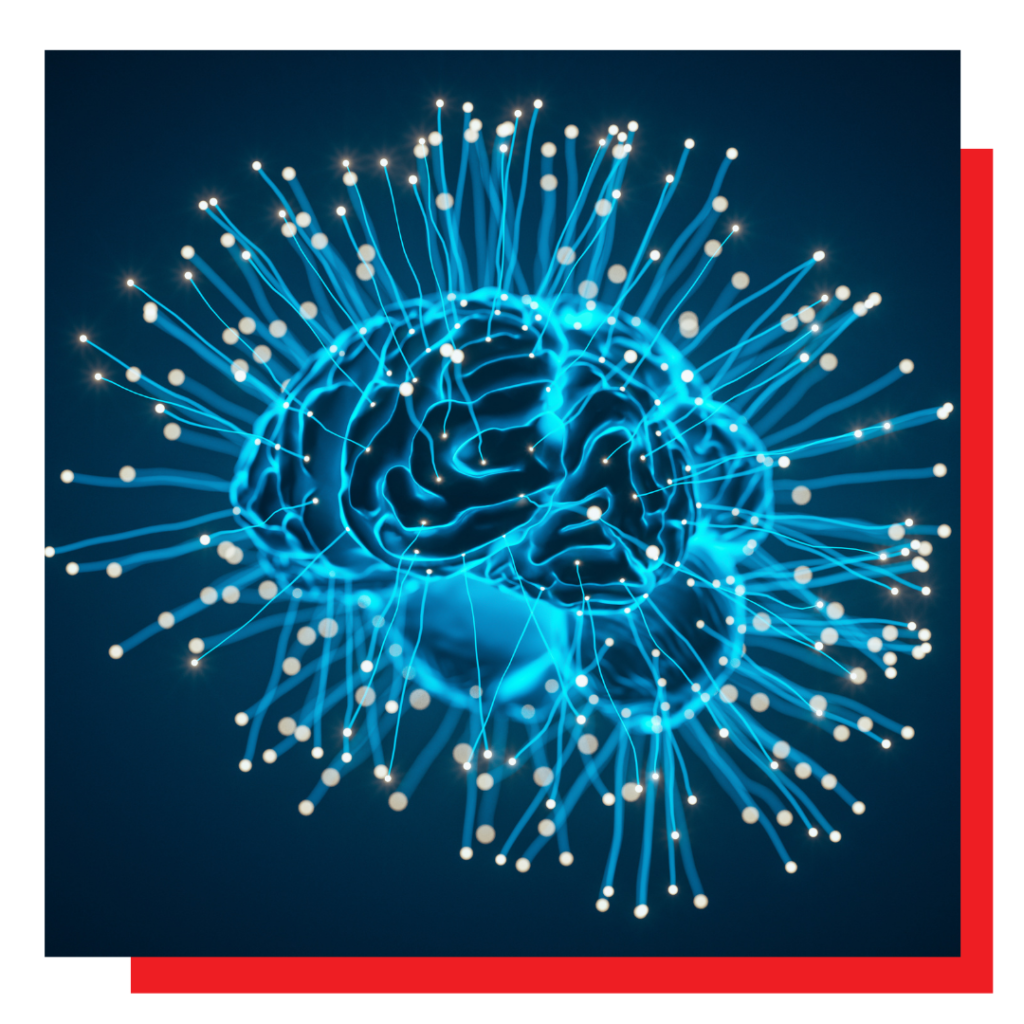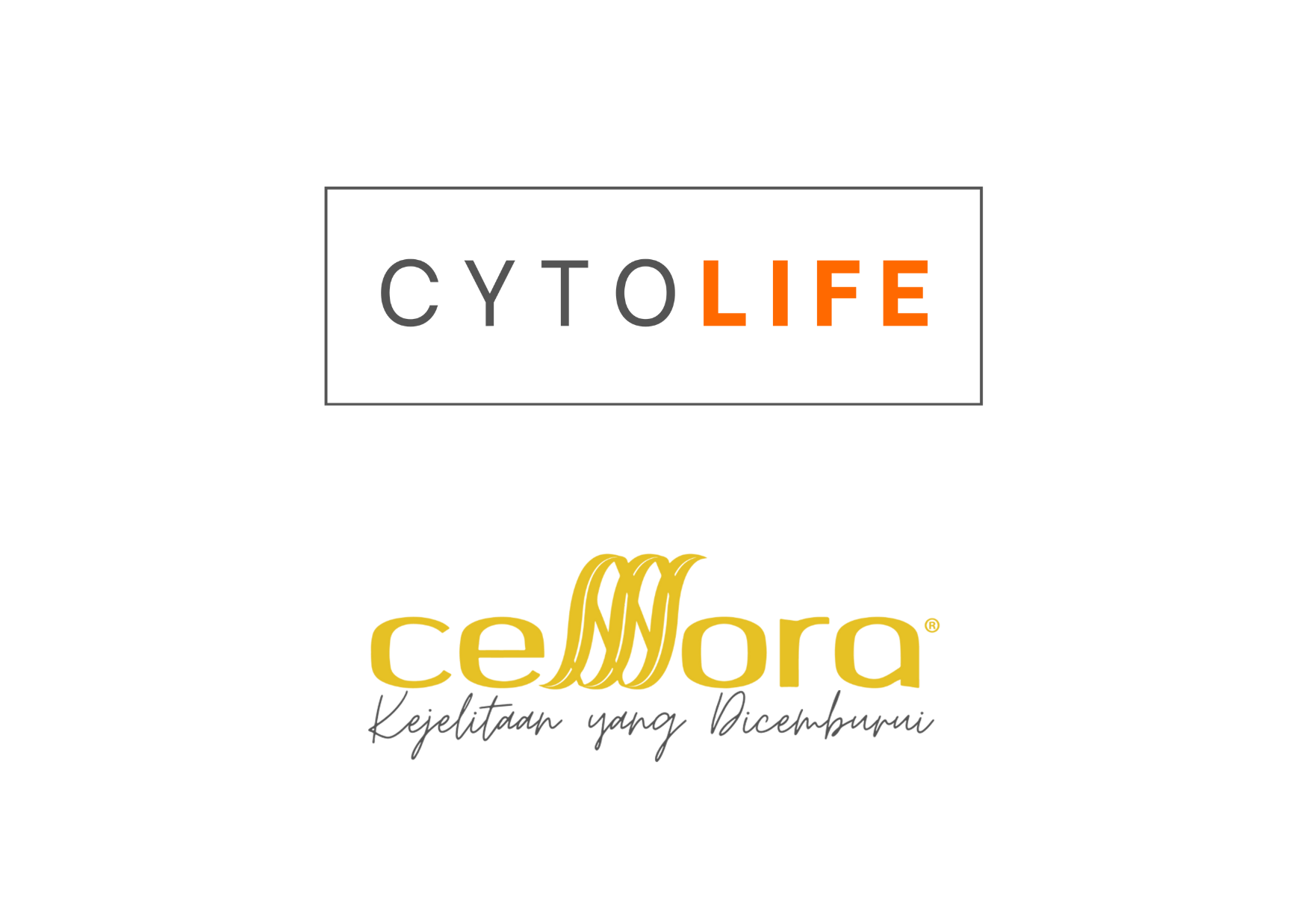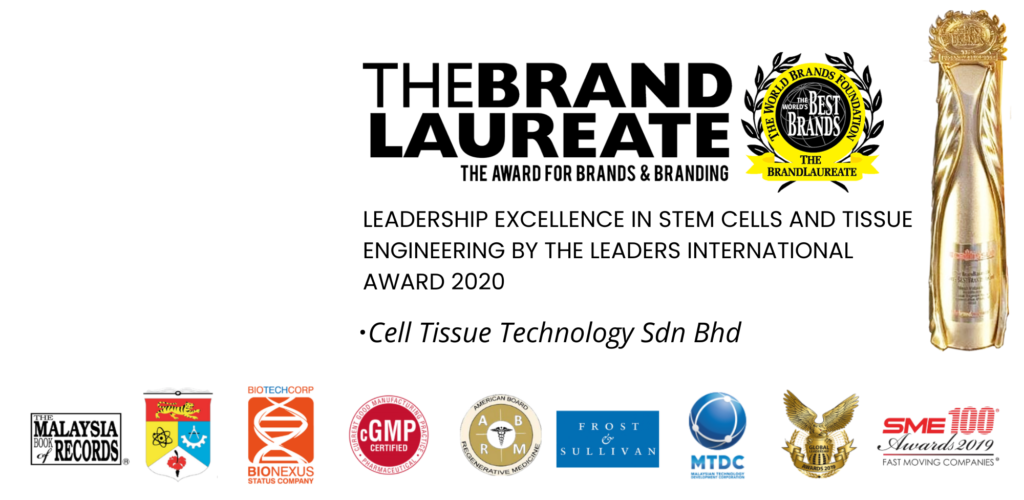- Potentially Treatable Condition
- Body
- Angiogenesis
- HOME
- ABOUT
- RESEARCH
- INSIGHTS & HAPPENINGS
- JOIN US
- CONTACT US
-

Angiogenesis: The formation of new blood vessels is known as angiogenesis. Endothelial cells, which line the inside wall of blood vessels, migrate, grow, and differentiate during this process.

Angiogenesis is the process by which the body creates new blood vessels.
This is a normal part of the healing and growth process. Angiogenesis can, however, play a role in diseases such as cancer.
Symptoms of angiogenesis vary according to types of diseases. Listed below are several examples of diseases associated with angiogenesis and the symptoms to look out for:
Diabetic retinopathy
Loss of vision
Rheumatoid arthritis
Pain and immobility from destroyed cartilage
Atherosclerotic plaques
Chest pain and dyspnoea
Endometriosis
Abdominal pain from intraperitoneal bleeding
Crohn’s disease
Intestinal bleeding
Psoriasis
Persistent severe itching
Uterine fibroids
Vaginal bleeding and abdominal bleeding
Benign prostatic hypertrophy
Urinary retention
Cancer
Bleeding, thrombosis, anaemia. abdominal ascites, bone pain, seizures from cerebral oedema around the tumor and others

Numerous angiogenesis inhibitors have received FDA approval for the treatment of cancer. VEGF, its receptor, or other particular molecules involved in angiogenesis were the focus of the majority of these targeted therapies. Among the approved inhibitors of angiogenesis are:

Hemorrhage, blood clots in the arteries that can lead to stroke or heart attack, hypertension, delayed wound healing, reversible posterior leukoencephalopathy syndrome, a brain condition, and protein in the urine are all potential side effects of VEGF-targeting angiogenesis inhibitor research. Additionally, fistulas and intestinal perforations seem to be uncommon side effects of several angiogenesis inhibitors.
The VEGF receptor-targeting anti-angiogenesis drugs also cause fatigue, diarrhea, biochemical hypothyroidism, hand-foot syndrome, heart failure, and hair abnormalities.
CelltiX is a type of extracellular vesicle from Umbilical Cord-Derived Mesenchymal Stem Cells (MSCs) manufactured in a cGMP-compliant facility.
It is a novel form of a major paracrine factor released by MSCs into a culture medium, which plays an important role in a wide range of biological processes.
CelltiMax is a product derived from human umbilical cord-derived Mesenchymal Stem Cells (MSCs). The cells are cultured, then administered to the patient via intramuscular or intravenous injection. They have the ability to differentiate into specialized cells with specific functions for various parts of the body, and can reduce inflammation, repair, renew, regenerate, and replace damaged cells.
Definition
Stem cells are unspecialized cells of the human body.
Extracellular vesicles, which is the medical term for tiny bubbles that are released from stem cells.
Function
Unique, can become any type of cell, and they act as both building blocks and repair mechanisms in your body.
Carry genetic information and proteins to cells throughout your body, and they create paths for communication between cells.
Origins
Donor stem cells are placed in your body and are guided into becoming specific cells in the body to replace and repair diseased cells.
Exosomes are extracted from donated human mesenchymal stem cells (MSCs) and sterilized.
Growth Factors
Less amount of growth factors compared to exosomes.
Exosomes contain nearly three times the amount of growth factors. More growth factors mean a better ability to restore and revitalize target cells
Administration
Improve bodies’ natural healing abilities
High stabililty
Modulate the immune system
Low toxicity and immunogenicity
Locate and reduce areas of inflammation
High penetration
Replace damaged and diseased cells
Enhanced delivery efficiency

The tumor anti-angiogenesis processes induced by mesenchymal stem cell (MSC)
Mesenchymal Stem Cells (MSCs) have been shown to alter the tumor microenvironment to reduce angiogenesis or neovascularization. In addition to causing tumor cells to die, MSCs can also limit angiogenesis by interacting with endothelial cells to cut off the flow of nutrients to the tumor cells.
According to a study, high concentrations of MSCs prevent the growth of blood vessels by releasing Reactive Oxygen Species (ROS), whereas low concentrations of MSCs can encourage the growth of blood vessels in tumors by secreting proangiogenic substances and developing into pericytes.
Diagram A shows the gross image and histological analysis of Gil36 and Gil36/MSC co-cultured tumor section while diagram B displays the scheme of anti-angiogenesis of MSC when co-cultured with Gli36 cell. Lastly, diagram C shows the schematic figure of capillary degeneration induced by connexin-43 gap junctional channel between MSC and endothelial cell.
If you feel we might be able to offer meaningful improvement to both your condition and your quality of life, then please reach out to schedule a free consultation with one of our in-house clinical experts. We offer consultations in both Malay and English.





Review your medical history & recent evaluations
Explore what your treatment package might look like
Answer any questions you have about us
Answer any questions you have about the therapies
Discuss practical next steps,
if you feel we can effectively treat you

Established in 2010, Cell Tissue is a Malaysian advanced medical technologybased company, a spin-off of the National University of Malaysia (UKM), one of the country’s leading universities and research institutes.
Cell Tissue is known as Malaysia’s FIRST Tissue Engineering Firm, awarded by the prestigious Malaysian Book of Records in 2016, operated in a certified Current Good Manufacturing Practice (cGMP) laboratory following PIC/S standards by the National Pharmaceutical Regulatory Agency (NPRA), a division of the Ministry of Health Malaysia.


Proudly powered by CTTSB © 2010-2024 Cell Tissue Technology Sdn Bhd, a Universiti Kebangsaan Malaysia spin-off Company. – All rights reserved.